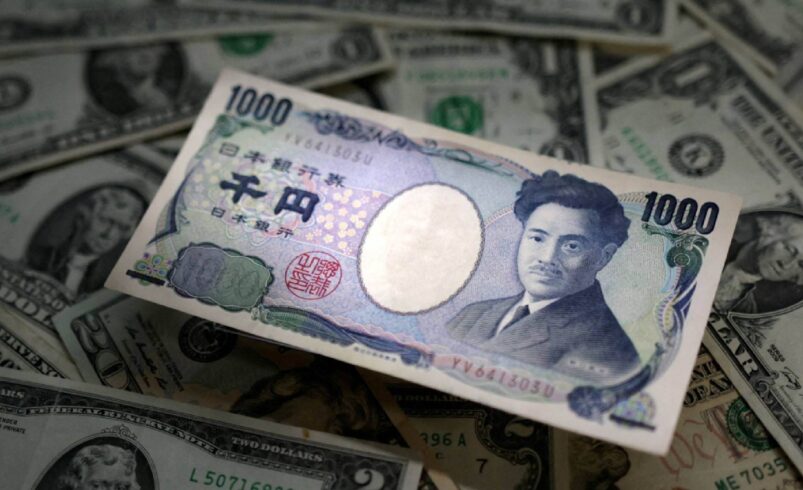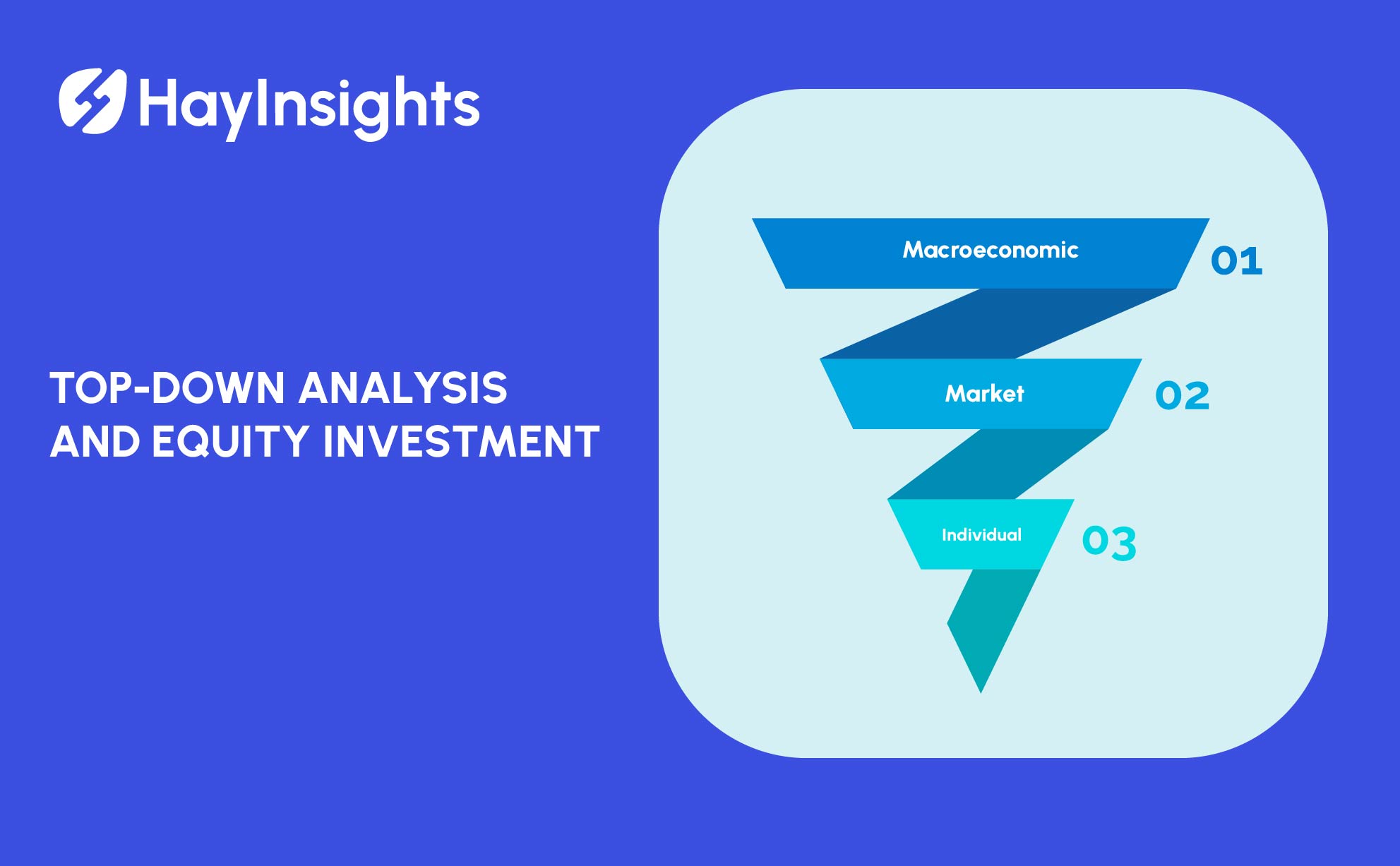
Commodities Investment Potential in Japan
Investing in commodities has long been a strategy for diversifying portfolios and hedging against inflation. Japan, with its robust economy and sophisticated financial markets, offers unique opportunities for commodities investment. From gold and oil to exchange-traded funds (ETFs) and index funds, investors can find numerous avenues to grow their wealth. This guide explores the landscape of commodities investment in Japan, detailing various investment vehicles, strategies, and the benefits of incorporating commodities into your portfolio.
Understanding Commodities Investment in Japan
What Are Commodities?
Commodities are basic goods used in commerce that are interchangeable with other goods of the same type. They are divided into two main categories: hard commodities, such as gold and oil, and soft commodities, like agricultural products. In Japan, investors can access a wide range of commodities through different investment vehicles.
Why Invest in Commodities?
Investing in commodities can provide several benefits:
- Diversification: Commodities often have a low correlation with traditional asset classes like stocks and bonds.
- Inflation Hedge: Commodities can protect against inflation since their prices typically rise with increasing inflation.
- Potential for High Returns: Commodities can offer substantial returns, especially during periods of high demand or supply constraints.
Popular Commodities for Investment in Japan
Gold
Gold is a favored investment due to its stability and status as a safe-haven asset. In Japan, gold can be purchased through bullion, coins, or ETFs that track the price of gold.
Oil
Oil is another significant commodity for investors. Japan, being a major importer of oil, offers various ways to invest, including futures contracts, oil company stocks, and ETFs focused on the energy sector.
Investment Vehicles for Commodities in Japan
Exchange-Traded Funds (ETFs)
ETFs are a popular choice for commodities investment. They offer the ability to invest in a diversified basket of commodities with ease and liquidity. Examples include gold ETFs and broad commodities ETFs that track indices of various commodities.
Mutual Funds and Index Funds
Mutual funds and index funds provide exposure to commodities through managed portfolios. These funds invest in commodities directly or in companies that produce or deal in commodities.
Commodity Futures
Futures contracts are agreements to buy or sell a commodity at a future date and price. They are used by investors to speculate on price movements or hedge against risks. Japan has a well-developed futures market, particularly for commodities like oil and gold.
Building a Commodities Investment Trust
A commodities investment trust pools capital from multiple investors to invest in commodities. This structure allows individual investors to gain exposure to a diversified portfolio of commodities with professional management and reduced risk.
Steps to Create a Commodities Investment Trust:
- Define Objectives: Determine the trust’s investment goals, such as income generation, capital appreciation, or risk mitigation.
- Choose Commodities: Select a mix of commodities that align with the trust’s objectives and provide diversification.
- Select a Management Team: Hire experienced professionals to manage the trust’s investments.
- Regulatory Compliance: Ensure the trust complies with Japanese financial regulations and obtain necessary approvals.
- Market the Trust: Attract investors through marketing efforts and demonstrate the trust’s value proposition.
Advantages of Commodities ETFs and Index Funds
Liquidity and Flexibility
ETFs and index funds offer high liquidity, making it easy to buy and sell shares. They also provide flexibility in terms of investment amounts and strategies.
Diversification
By investing in a basket of commodities, ETFs and index funds reduce the risk associated with investing in a single commodity. This diversification can lead to more stable returns.
Lower Costs
ETFs typically have lower expense ratios compared to mutual funds, making them a cost-effective option for commodities investment.
Strategies for Successful Commodities Investment in Japan
Diversify Across Commodities
Investing in a range of commodities can spread risk and increase the potential for returns. Consider a mix of hard and soft commodities to balance your portfolio.
Monitor Market Trends
Stay informed about global economic trends, supply and demand factors, and geopolitical events that can impact commodity prices. This knowledge can help you make informed investment decisions.
Utilize Professional Management
Consider investing in managed funds or trusts where experienced professionals make investment decisions on your behalf. This can be particularly beneficial for complex markets like commodities.
FAQs
How can I start investing in commodities in Japan?
To start investing in commodities in Japan, you can open an account with a brokerage that offers commodities trading, purchase ETFs or mutual funds focused on commodities, or invest in a commodities investment trust.
What are the risks associated with commodities investment?
Commodities investment carries risks such as price volatility, geopolitical factors, and changes in supply and demand. It is important to diversify and stay informed about market conditions.
Are commodities ETFs a good investment?
Commodities ETFs can be a good investment for those looking for liquidity, diversification, and lower costs. However, they also carry market risks and require careful selection.
How do I choose the right commodities to invest in?
Choosing the right commodities involves assessing market trends, economic indicators, and your investment goals. Diversification across different types of commodities can also help mitigate risks.
What is the role of a commodities investment trust?
A commodities investment trust pools funds from multiple investors to invest in a diversified portfolio of commodities. It provides professional management and aims to achieve specific investment objectives.
Can commodity investments help hedge against inflation?
Yes, commodities often act as a hedge against inflation because their prices tend to rise when inflation increases, helping to preserve purchasing power.
Conclusion
Commodities investment in Japan offers a promising avenue for diversification and potential high returns. By understanding the various commodities available, utilizing investment vehicles like ETFs and trusts, and employing effective strategies, investors can unlock significant opportunities in the Japanese market. Whether you’re looking to hedge against inflation, diversify your portfolio, or seek new investment opportunities, commodities can be a valuable addition to your investment strategy.













